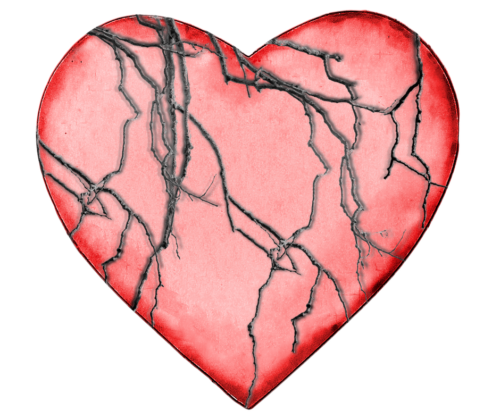In the wake of Irma and Harvey and earthquakes and fires and floods around the world, perhaps you are thinking, as I have been, about resolutions (plural) for being more prepared for disasters such as these.
First on my list, a call to the store where we bought my most recent live-in chair. The great (and very new) guy who helped us said that the recliner mechanism has a battery back up in case of power failure. I wish I’d asked how it works!
When you’ve had knee surgery as often as I have, this is a real concern during a hurricane.
Fortunately, we didn’t lose our power like so many of our neighbors did.
I, however, lost a fair amount of mental energy worrying about how to escape from one of the few places I’m truly comfortable, just in case.
Then there are the usual issues like flashlight batteries. With a house full of Newfoundlands, candles are a pretty bad idea!
Having grown up in Florida, I still have old tapes about buying bottled water, which is not so necessary here, along with white bread and donuts, none of which we eat!
I do think, though, that we need some sort of accessible medical alert info (which hasn’t happened yet) and a neighbor with a key.
Then there’s the whole generator issue. And I understand that you can get a good deal on hurricane shutters in Florida this week!
There’s also resolution (singular). As in trauma resolution.
I’ve met a lot of amazing people and learned a lot of important things in all the years I’ve spent studying hypnosis and neuro-linguistic programming, pastoral counseling and transformational coaching.
One of those important things came in a weekend workshop with an amazing person named Belleruth Naparstek.
Belleruth is an internationally known expert in therapeutic guided imagery. On that particular occasion, the topic was trauma resolution.
According to Belleruth, trauma is whatever the self perceives as trauma.
Not necessarily what your neighbor or your insurance company perceives as trauma.
This seems hugely important to remember in times like these when new perceptions of trauma may well bump up against old perceptions of trauma inside us, with the result that we experience trauma over again.
Here’s a list of examples, drawn from my emails and facebook contacts in the last week:
Fear of storms. Fear of water. Fear of closed spaces. Fear of the dark. Fear of loss. Fear of scarcity. Fear of the unknown.
All of them, things we’ve had strategies for dealing with, until something like a hurricane plunges all those strategies into question.
You may have examples of your own.
I’ve been thinking about this a lot, especially while I’ve been praying with dots.
As part of my pilgrimage with the Black Madonna, I’ve begun to learn about the tradition of illumination in art, with all its layers of meaning.
Light and dark, together with bits of red and gold.
Losing and finding images under glazes of darkness and drippy washes of light. All of them more powerful together than any of them alone.
It’s an interesting metaphorical notion for coping with perceived trauma.
Focusing on the light. We made it through last night. We’re still here. We have more strategies than we had in the past.
Noticing our language and thought patterns… When we hear ourselves saying always and never, that’s a sure sign of limiting beliefs lurking within. Being open to other possibilities, despite our past experience, makes us open to new experience
It’s not easy!
There’s a part of us that firmly believes that we’re still here because of the ways we’ve dealt with traumatic experiences and thoughts in the past so, by default, we should keep it up. That’s one strategy.
There are others.
Mindfulness practices like meditation and breath prayer can help us to stay in the present moment where, just now, we are ok.
Changing our language a bit can help, too. Instead of, “I have to _____” we could try, “In the past, I’ve _____, but now I’m ______.”
And being gentle with ourselves, which is almost always a helpful strategy!
There are lots of conversations going on these days about what we have called, at least since Viet Nam, PTSD. Lots of therapists, as well as military experts, believe we should drop the D in recognition that post traumatic stress is a human condition rather than a disorder. Others disagree.
It’s kind of an interesting discussion if you’re into that sort of thing. For today, though, let’s go with the realization that life very often leads to things we perceive as trauma and, when we are in those places, compassion, support, and gentle new coping strategies are really good ways to set off on the path toward resolution.
Along, perhaps, with making good on some of those other resolutions we talked about. Right after I talk to the guy about my chair, I really am going to get my eyes checked so I can read the fine print of the Weather Channel!


Loved “Praying with Dots” — especially the message at the end. Blessed be.
Thank you, Lynn! Appreciate your words…